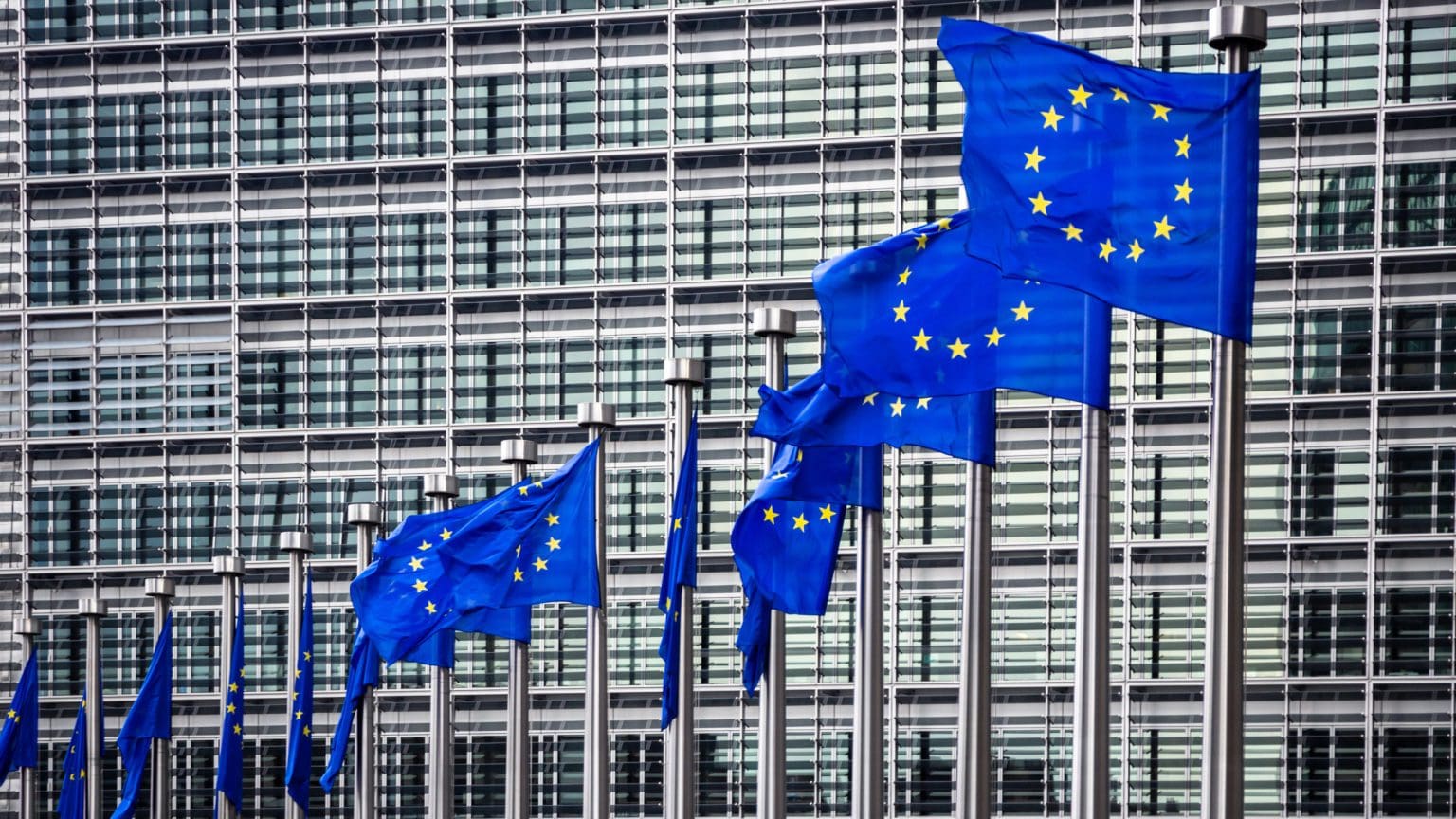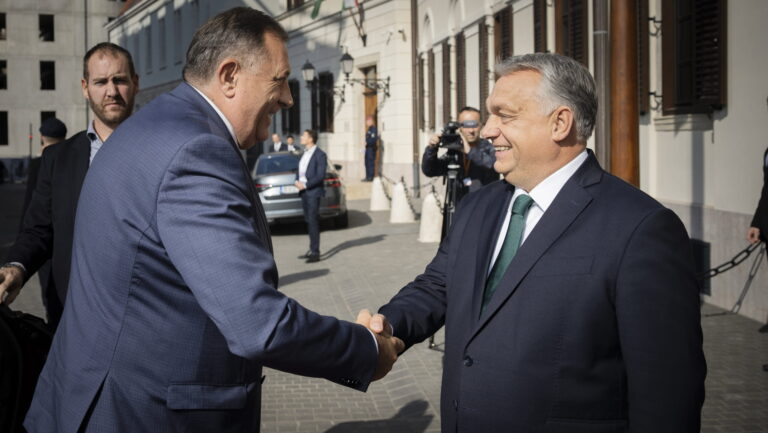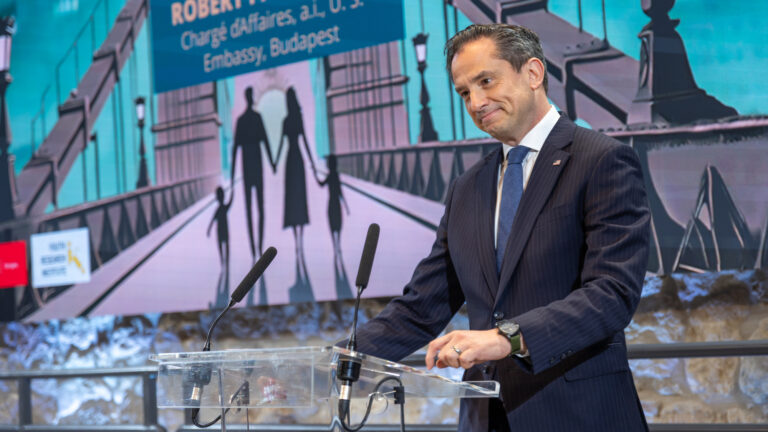In an interview with Mandiner, Nézőpont Institute analyst Milán Pálfalvi spoke about the politics of sanctions of the European Union, claiming that the sanctions did more harm than good for the member states.
Mandiner: Is it fair to say that the sanctions hurt Europe more than they did Russia?
‘This situation is not beneficial for anyone, but the leaders of Europe were generally irresponsible when they became involved in the war, following a wroing train of thought. Russia is actually doing just fine. Their economic situation has not worsened due to the sanctions, in fact, it has improved. As a result of the sanctions, they are now selling their enormous gas reserves in different places for a higher price, thus strengthening their economy. While this is happening in the East, Europe is threatened by the possibility of recession. Currently it is doubtful whether the citizens of European countries will be able to heat their buildings in the winter. According to Annalena Baerbock, the foreign minister of Germany, riots or protest could break out in the country. The states of Europe are on the verge of collapse economically.’
Mandiner: Is the situation really this bad?
‘Definitely! The reaction to the war and the politics of sanctions were both misguided from the start. The rise of the cost of gas and other materials is the result of the sanctions, not of the war. The German vice-chancellor expressed his worries that the country could face economic collapse, Germany does not have the amount of gas necessary to keep their industries running.’
Mandiner: The price of gas skyrocketed due to the sanctions, not due to the war itself.
The price of gas in Februray. before the war, was around 70-80 Euros/MWh at the Dutch stock market. Just before the war broke out, prices significantly rose. In the beginning of March, another explosion-like rise resulted in prices reaching 100 Euros/MWh. At this point, talks about the first sanction packages did not include energy. Then even Olaf Scholz, chancellor of Germany and Christian Lindner, the minister of finance said that stopping Russian gas, oil and coal would not be sustainable. Ursula von der Leyen also said that Europe could become independent of Russian energy by 2027. Finally, the European Commission announced that they are working on stopping Russian oil imports. At the end of May, many of those who approve of sanctions spoke up. Even George Soros expressed his support. He said he thinks the European Union is stronger than Russian gas. On 3 June, the Commission voted their sixth sanctions package, banning crude-oil imports from Russia. Thus, Russia has been sending 60 per cent less gas to Europe from the middle of June. This has increased prices even more, pushing the previous 100 Euros/MWh cost to over 200 by the end of July.
Mandiner: You mentioned Germany. Berlin recently announced that they are ready to restart coal-plants, earlier closed under pressure from the Green Party, to produce enough energy.
‘One of the members of the German ruling coalition is the Green Party. Yet, in order to push their politics of sanctions, they are willing to set their environmental beliefs aside. The misguided politics of sanctions pushes green concerns into the background, they do not seem to be as important anymore. This is compounded by the fact that the coalition’s previous climate politics were smoke and mirrors to begin with. Sooner or later, Europe will have to face the fact that something has gone terribly wrong regarding the sanctions.’
Mandiner: What can Hungary expect?
‘Luckily, the situation in our country is stable. Since 2010, the government has fought for sovereignty, thus making important strategic decisions that currently make the circumstances favourable. The re-nationalising of a number of international, private energy services suppliers was one of the most significant initiatives. If Hungarian gas storage facilities were still in foreign hands, we would be in serious trouble. As private businesses care only about money, we would be considerably more at risk and the sanctions would cause significantly more harm.’








